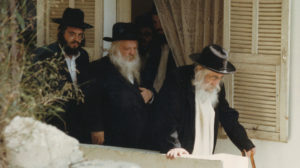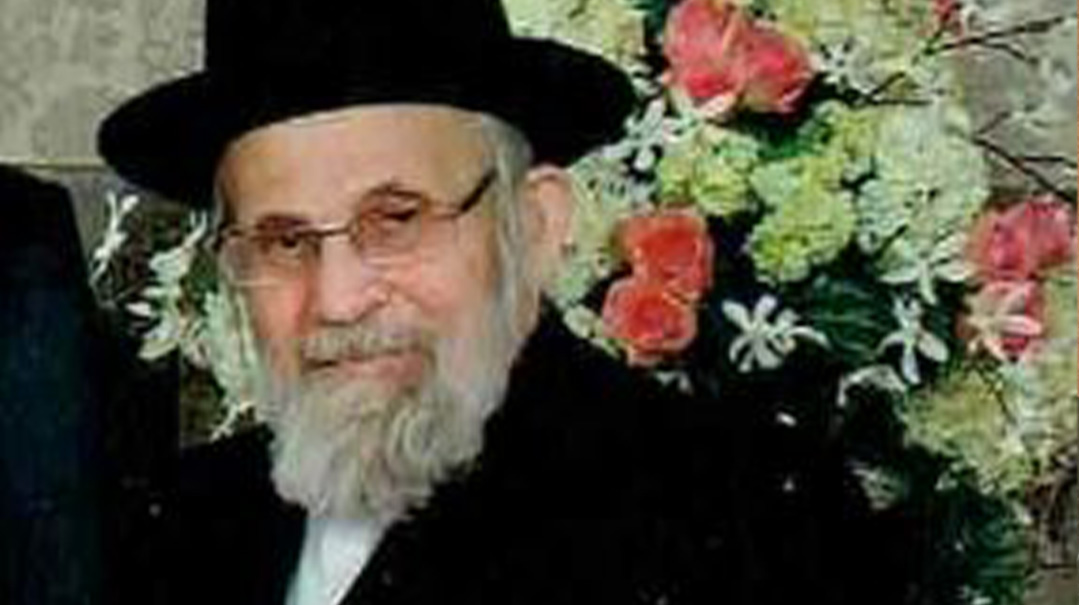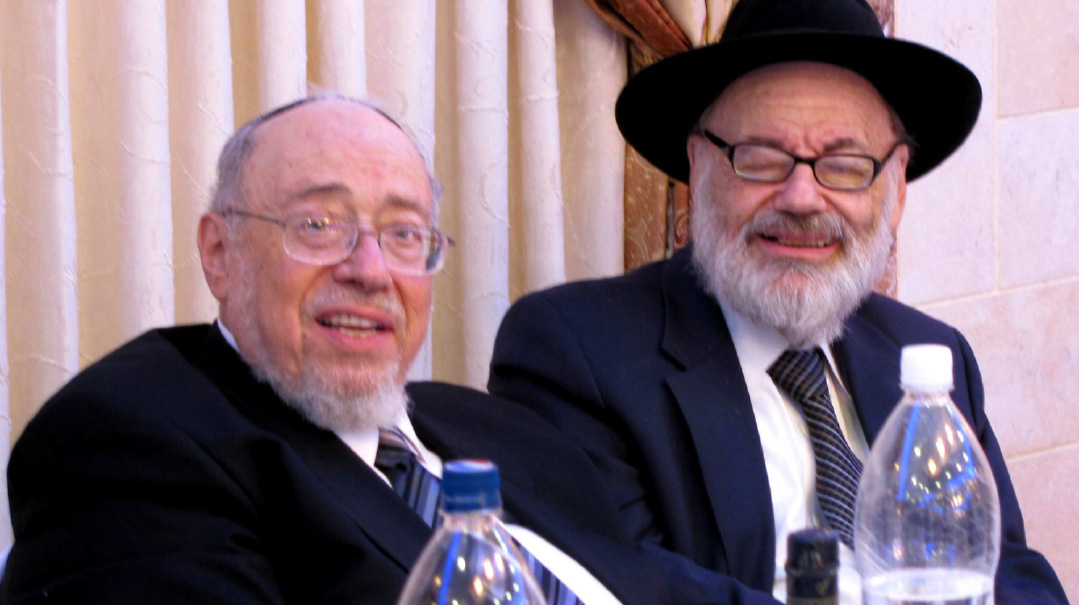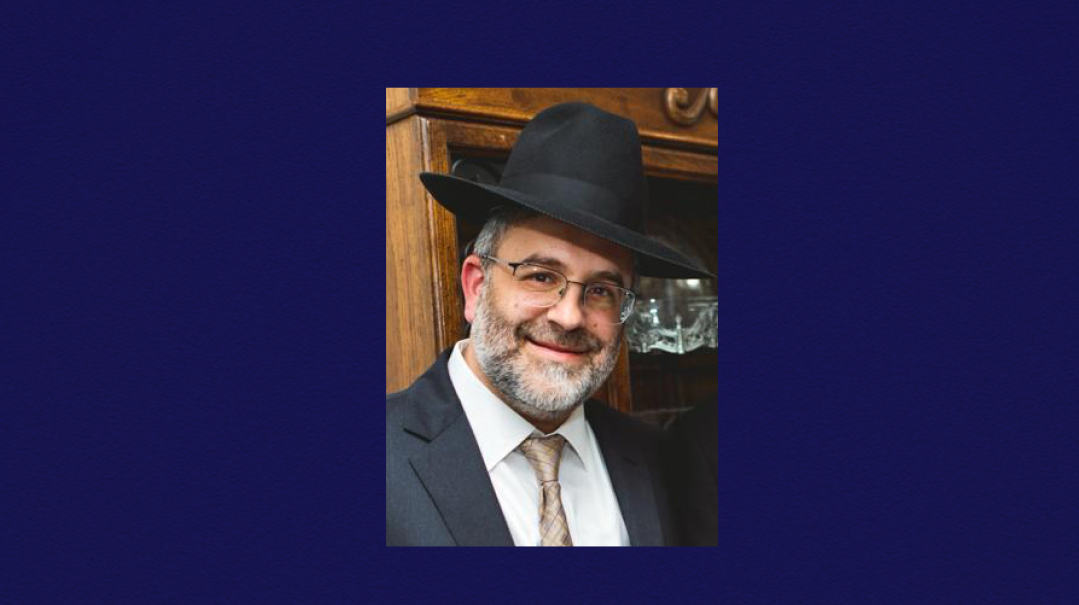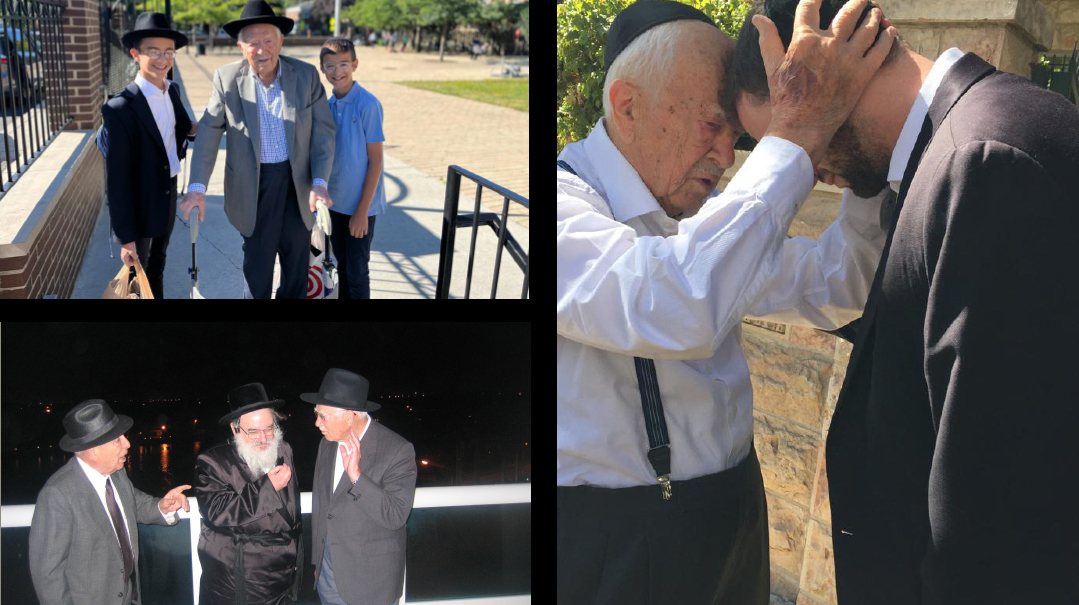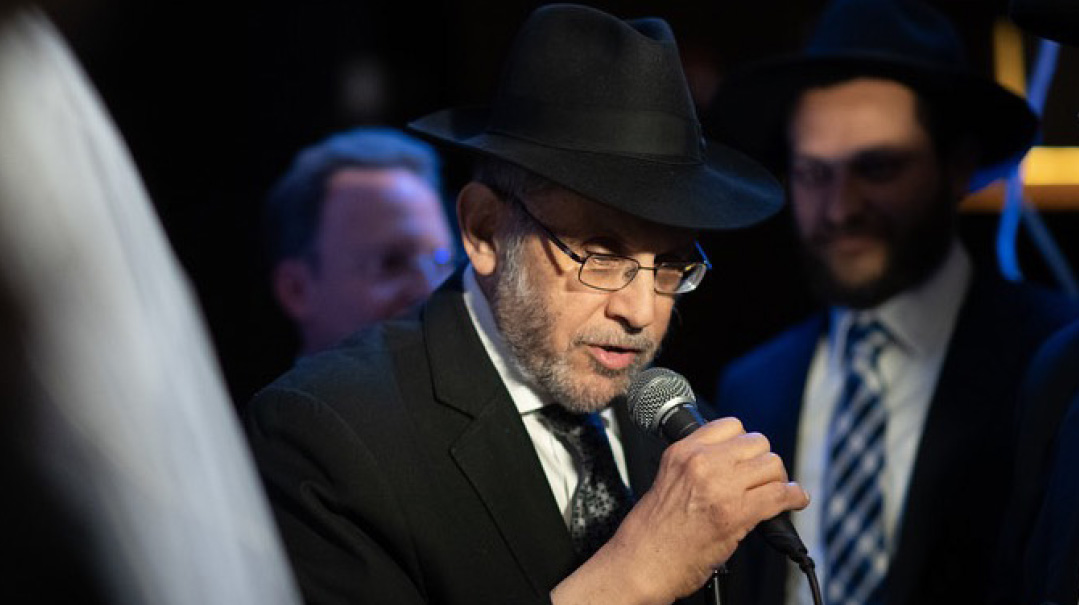A Walking Mussar Sefer
| February 17, 2021Remembering Rabbi Desmond Maizels ztz"l on his shloshim
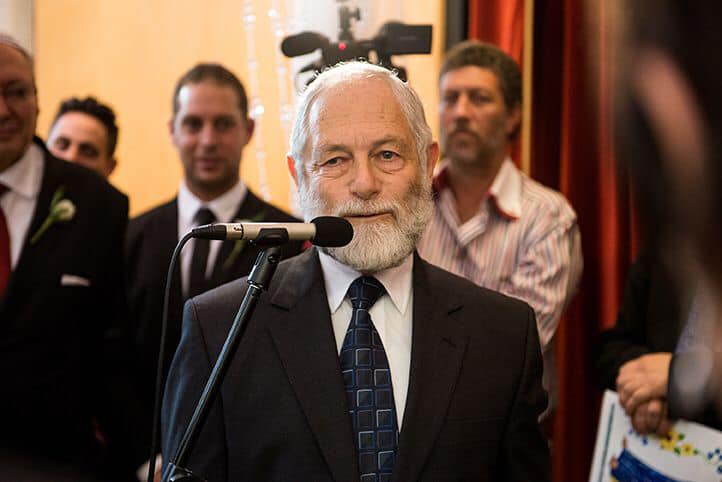
A few weeks ago, the South African Jewish community suffered a profound loss.
Rabbi Desmond Maizels, zecher tzaddik livrachah, really was one of a kind. Shochet, mohel, dayan, community rabbi — and one of the world’s great kashrus experts. One of the greatest multitaskers I’ve known. His passing has left an enormous void. He dedicated his entire working life to serving South African Jewry. He left his mark on communities all over South Africa — not just the big cities. Bloemfontein, Port Elizabeth, East London, Oudtshoorn — Jews all over the country are mourning his passing.
But of course his beloved Cape Town community is where Rabbi Maizels made his greatest contribution. Indeed, the Cape Town Jewish community is unimaginable without him.
To me, Rabbi Maizels was the absolute embodiment of zerizus — the trait identified by Rabbi Moshe Chaim Luzzatto in Mesillas Yesharim (chapters 6–9) as one of the most foundational character traits, at the core of Jewish greatness.
The Ramchal describes zerizus as a soldierlike state of mind. Soldiers are always battle-ready. They grab a bit of food here, a few moments of rest there, but their entire being is consumed with their mission — their only concern being to do what needs to be done, when it needs to be done. Rabbi Maizels lived his whole life like that, always ready to drop everything to serve the Jewish People.
He did so much; he did the work of ten other men. And he fulfilled all of the many roles he played at any one time with distinction, with absolute dedication. For most of us, if we did one or two of those jobs, that would fill our day. But Rabbi Maizels managed to fit it all in. Because he never wasted a second. Because he had boundless energy. Because he was devoted to the task at hand. Because he was undaunted by any challenge. Because he was a soldier.
Nothing was too much trouble for Rabbi Maizels. He would walk miles to do a bris on Shabbos. Travel to the ends of the earth to secure kosher food. Schlep across the country to check mezuzahs. He had boundless energy and enthusiasm, and there was no sense of burden.
His very name, remarkably enough, was Tzvi, and he exemplified the mishnah “Ratz k’tzvi” (Avos 5:23), which is the epitaph on his tombstone. The mishnah says we should serve Hashem with zerizus, “swiftly as a deer.” Rabbeinu Yonah explains that while it is natural to get worn down through exertion, the mishnah calls on us to never tire or slow down when pursuing mitzvos.
This is why his loss was such a shock — Rabbi Maizels was just so full of life. So energetic, so optimistic, so sprightly. He never walked slowly; he never did anything slowly. He moved quickly. He accomplished so much on any given day. He packed so much in. Like a soldier, he got on with the job and didn’t quit until it was done.
He was a cheerful soldier. He disarmed you with his smile, his charm, his infectious joie de vivre. Inside he was a soldier, outside he was all warmth and joy. Everything he did, he did it b’simchah. He got great joy simply from solving problems, from serving Jews.
Really, Rabbi Maizels was a walking mussar sefer, dispensing holy instruction through the way he lived his life. His decades of leadership and service have created an eternal legacy — a towering example for all of us to emulate.
Rabbi Maizels was a rabbi and teacher and friend to his congregants — and to everyone. He epitomized the teaching of Pirkei Avos — of receiving everyone with a friendly face (Avos 1:15). He exuded warmth and kindness and happiness. He beamed love and cheerfulness to every human being he came into contact with. He was beloved in the community, and beyond.
He was born in 1949 in Port Elizabeth, and would study medicine at the University of Cape Town for a few years before going to learn for semichah in Israel, where he met Esther, his bashert. After returning to South Africa, the young Maizels family served in Bloemfontein for eight years, then moved on to Cape Town, where they spent the next few decades. They would have four children —Hillel, Ora, Yael, and Gila — and they celebrated the birth of a new granddaughter only three days before he was niftar.
Most famously, Rabbi Maizels was the head of kashrus in Cape Town and a dayan on the beis din. In his role as head of the Cape Town Beth Din Kashrus department, he achieved international renown for his deep understanding of kashrus, as well as his tenacity and innovation in making as much kosher food as possible accessible to the community.
He would travel to all corners of the globe inspecting factories and finding solutions. He was a problem-solver in the truest sense, and he devoted that talent single-mindedly toward ensuring people had access to kosher food in the best and easiest way possible.
Rabbi Maizels was an eternal optimist — a person who saw problems and challenges as opportunities for innovation, cheerfully finding creative ways of solving seemingly intractable issues when others had given up.
For Rabbi Maizels, there was always a solution. Often he would speak at our national rabbinical conferences and he would share wonderful anecdotes about how he managed to certify kosher tuna in Indonesia, or persuade a national manufacturer to switch from breadcrumbs to maize to satisfy a pas Yisrael export, or convince a major retailer to introduce a loss-making kosher fish shop. He would tell over his stories with his trademark mischievous smile, a twinkle in his eye, radiating deep joy and delight.
Rav Chaim Volozhiner says in his Ruach Chaim on the mishnah, “Love the work, and hate the position” (Avos 1:10), that a rav should love doing the work of serving as a rabbi and disavow the honor and power that comes with it. Rabbi Maizels exemplified this teaching every day of his life, serving with total dedication, in the deepest sense of the word. He was never working in a “job” but fulfilling a calling to serve Hashem. He didn’t know office hours, didn’t understand the concept of a weekend or holidays. He dedicated every waking hour to his mission of making the world a better place. And he did.
Like a walking mussar sefer, he reminded us all that we are in this world to serve Hashem and that every moment of life is a gift — not to be wasted. Rabbi Maizels squeezed so much into every minute of every day. The greatest tribute we can give him is to follow his example.
(Originally featured in Mishpacha, Issue 849)
Oops! We could not locate your form.




